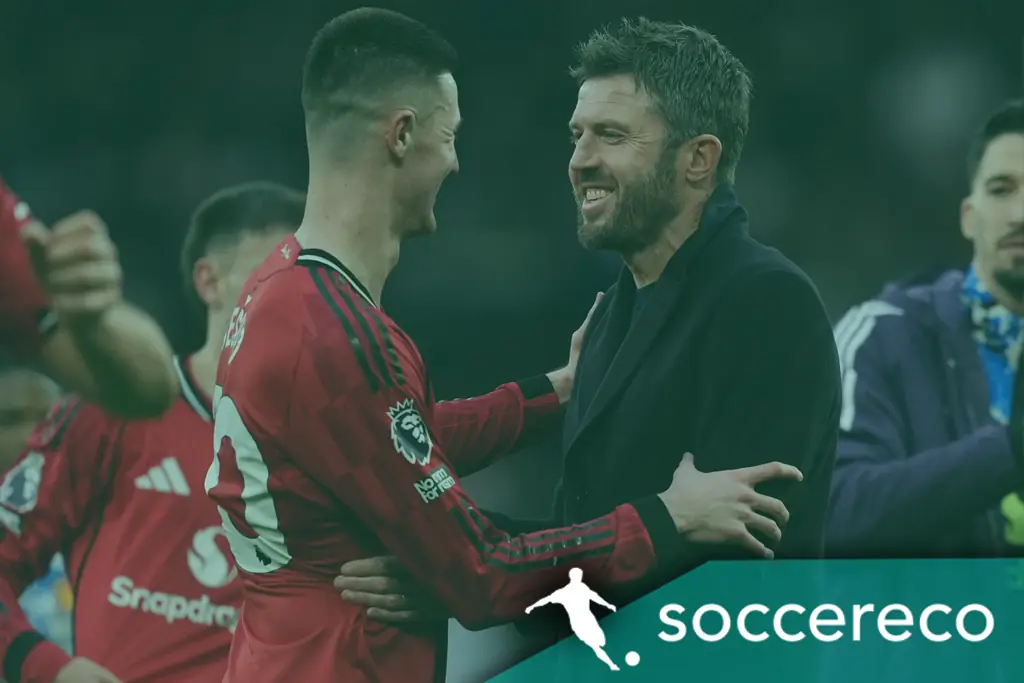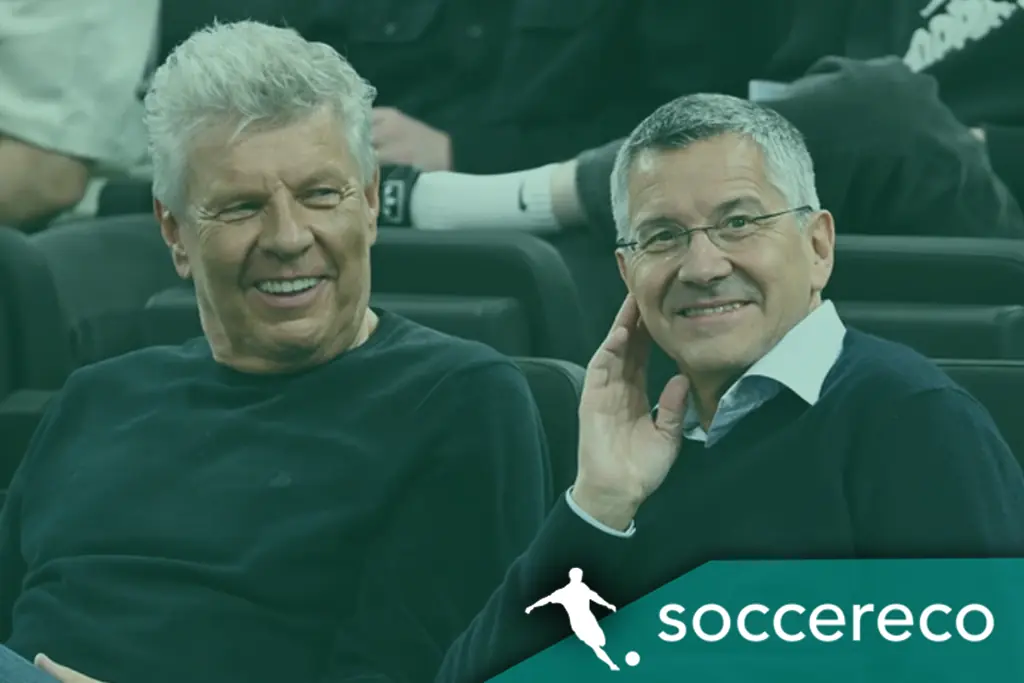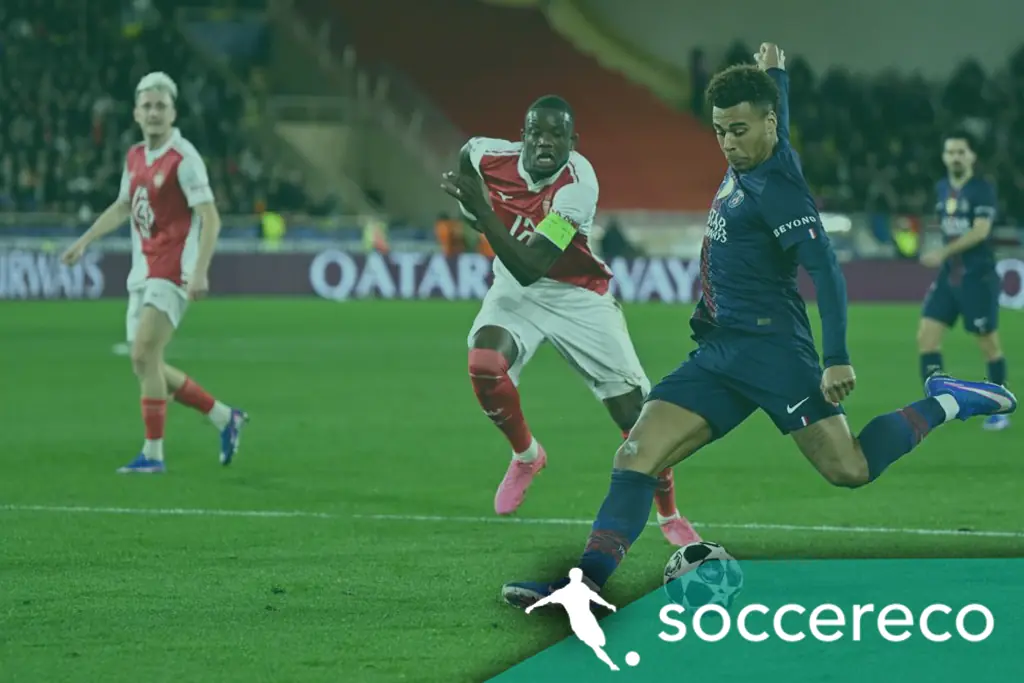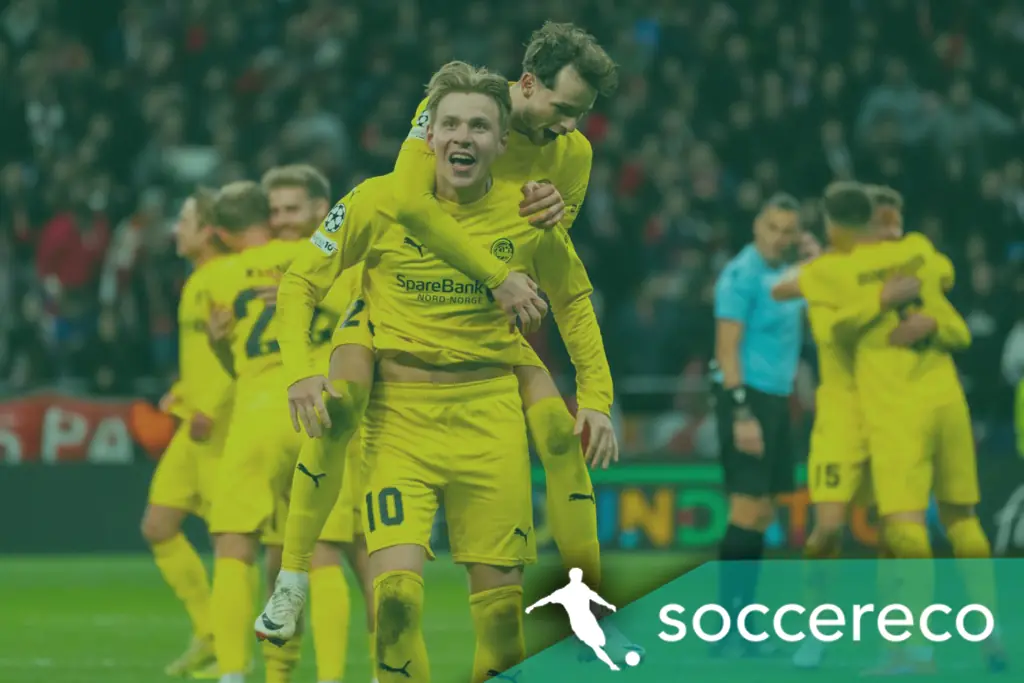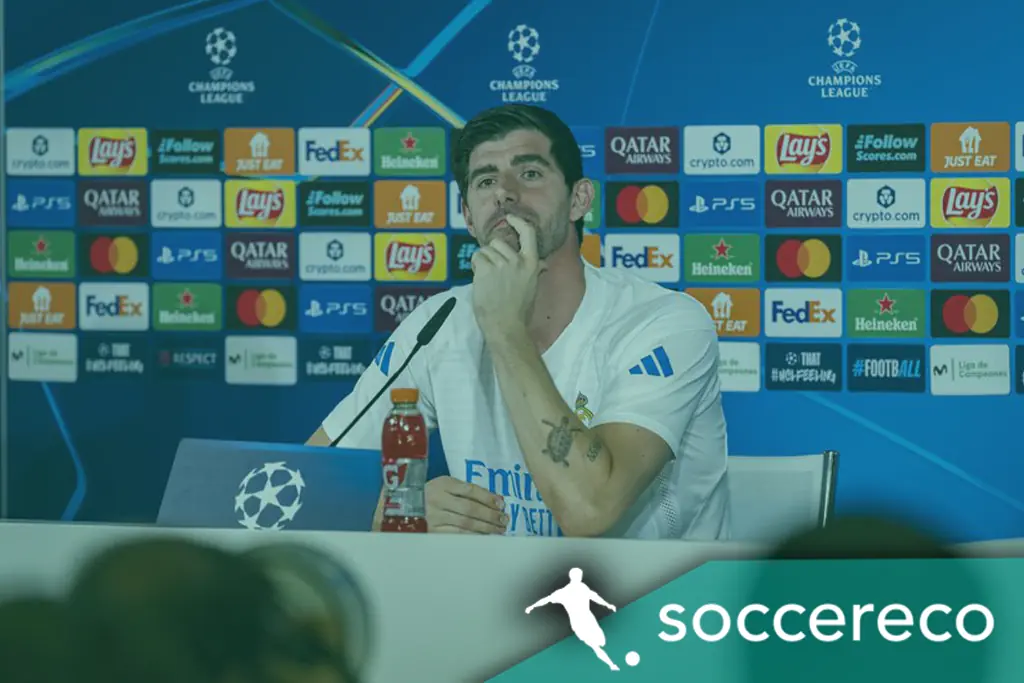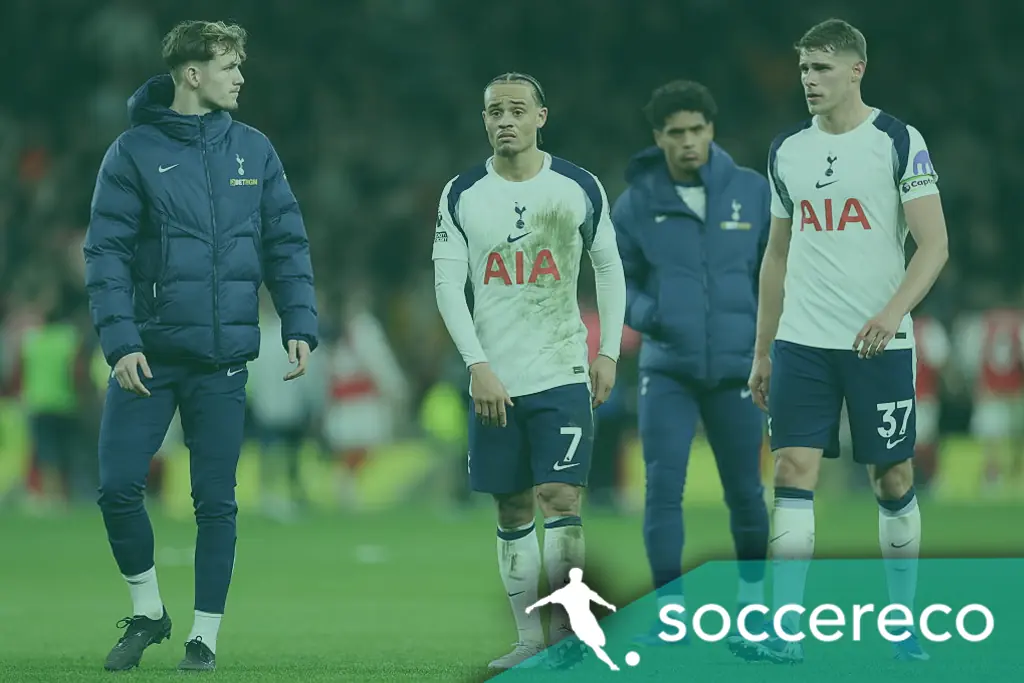After their first defeat of the season, FC Bayern want to hit back against St. Pauli. It is still unclear with which players.

Not even 48 hours have passed since FC Bayern were forced to swallow their first defeat of the season in the north of London.
The loss to Arsenal in the Champions League did not only end an impressive run of results, it also served as a sharp reminder of how thin the margins are at the very top level.
Immediately after the final whistle at the Emirates, Vincent Kompany was understandably emotional and reluctant to fully acknowledge that Arsenal had deserved the victory. With the adrenaline still high and the disappointment fresh, his first reaction was shaped more by frustration than distance. By Friday morning in Munich, however, the coach had had time to review the match in detail and to adjust his tone. He stressed that the defeat was not a story of the entire ninety minutes, but essentially of the final half hour, a phase in which Bayern fell clearly below their usual standards in intensity, compactness and clarity on the ball.
At Champions League level, such lapses are punished mercilessly. For about an hour Bayern had been competitive, sometimes even dominant, but in the closing stages Arsenal played with greater conviction, sharper pressing and more clinical decision making in the final third. Kompany insisted that nobody inside the club should forget what happened. The collapse in the last thirty minutes is now a reference point, a warning sign for the rest of the season. At the same time, he underlined that after a game of this magnitude, the focus in elite football shifts very quickly to the next challenge.
That next challenge comes in the form of St. Pauli on Saturday, a club with a very different profile but a situation that makes them dangerous in their own way. The team from Hamburg travels to the Bavarian capital carrying the weight of eight consecutive Bundesliga defeats, a run that has dragged them into a relegation battle and left them desperate for any kind of positive result. On paper, the contrast could hardly be greater: a title candidate trying to respond to a Champions League setback, and a struggling underdog fighting to stop the downward spiral.
The classic question before such a game is whether Bayern can flip the switch after a glamour night in Europe and immediately be ready again for what many would call the routine of the Bundesliga. Kompany refuses to accept the idea that a so called everyday league game can be approached with less focus. For him, the first painful setback of the season is not something to be shrugged off or explained away, but a test of character. He made it clear that he and the team do not accept a drop in standards and do not like the feeling of defeat. In his view, this phase of the season is all about the reaction, about proving that the high level is not occasional but continuous.
The coach has repeatedly reminded his players and the public that in November no trophies are handed out. League titles, cups and Champions League glory are decided in spring, in those crucial weeks when fatigue, pressure and expectations all peak at the same time. The matches against Arsenal and now St. Pauli are, in his eyes, building blocks for those decisive moments. They must serve to harden the team, expose weaknesses early and shape a group that, when the season enters its defining stretch, is ready not just to compete but to win.
Inside the club, that sense of calm urgency is echoed by sporting director Christoph Freund. He is not sounding any alarm bells after a single defeat. Instead, he points to the general atmosphere around the squad. He senses great energy and great hunger, a group of players that remains ambitious and driven even after setbacks. For Freund, defeats are an inevitable part of football. The key question is always the same: how do you respond, individually and collectively. His message is simple and consistent. Bayern must keep going, keep working, and use the pain as fuel rather than as an excuse.
The response begins with decisions about personnel. Who will get the chance to put things right on Saturday remains open. Kompany plans to wait for the final training session on Friday afternoon before settling on his starting eleven. He wants to see which players are fully fit, both physically and mentally, and which ones are truly one hundred percent ready for the task. Training intensity, body language and small details in duels often play a role in such choices.
One name stands out in this context. Luis Díaz, who was suspended for the Champions League clash, is expected to return to the starting lineup fresh and highly motivated. His absence in London forced Kompany to adjust his attacking structure and limited Bayern’s options in wide areas and one on one situations. Now, with the Colombian winger available again, Bayern regain a player who can stretch defenses, win individual duels on the flank and bring a direct threat in behind the back line. His presence should also create more space for the central attackers and attacking midfielders.
Beyond Díaz, there are other questions. Kompany has to consider how much rotation is healthy after a high intensity European night. Some experienced players might be given a breather, while others who had fewer minutes in London could now be asked to carry the load. At the same time, the coaching staff will be careful not to over rotate and thereby risk losing rhythm and automatisms. The balance between freshness and continuity is a delicate one, especially in a week where the emotional curve has already been steep.
From a tactical perspective, the St. Pauli match offers an opportunity to correct what went wrong in London. Bayern will look to control transitions better, tighten the distances between their lines in the final phase of the game and avoid the drop in concentration that cost them so dearly against Arsenal. With home advantage, they are expected to dominate possession, but Kompany will also demand greater efficiency in front of goal. Creating chances has rarely been a problem for this side, yet in tight matches at the top level, missed opportunities can change everything.
Psychologically, the game is just as important. A convincing performance and a clear win would immediately calm talk of a crisis and restore the normal narrative of a strong season with one bad night. A laboured or nervous display, on the other hand, could invite further questions about resilience, leadership and stability under pressure. Bayern know this dynamic well and are used to living with it, but that does not make it less real.
For the players, the message from the club hierarchy and the coaching staff is remarkably aligned. They are urged to accept responsibility without dramatizing, to acknowledge mistakes without losing confidence. The defeat at Arsenal is framed as a lesson, not a catastrophe, and St. Pauli as the first chance to show that this lesson has been learned. If Bayern manage to respond with the kind of intensity, focus and ruthlessness that Kompany demands, the setback in London will soon look like a bump in the road rather than a turning point.
In that sense, the next ninety minutes in the Bundesliga are about much more than three points against a struggling opponent. They are about sending a signal, internally and externally, that FC Bayern remain fully on track in a long season and that one bad half hour in London will not define them.
Updated: 11:23, 28 Nov 2025

